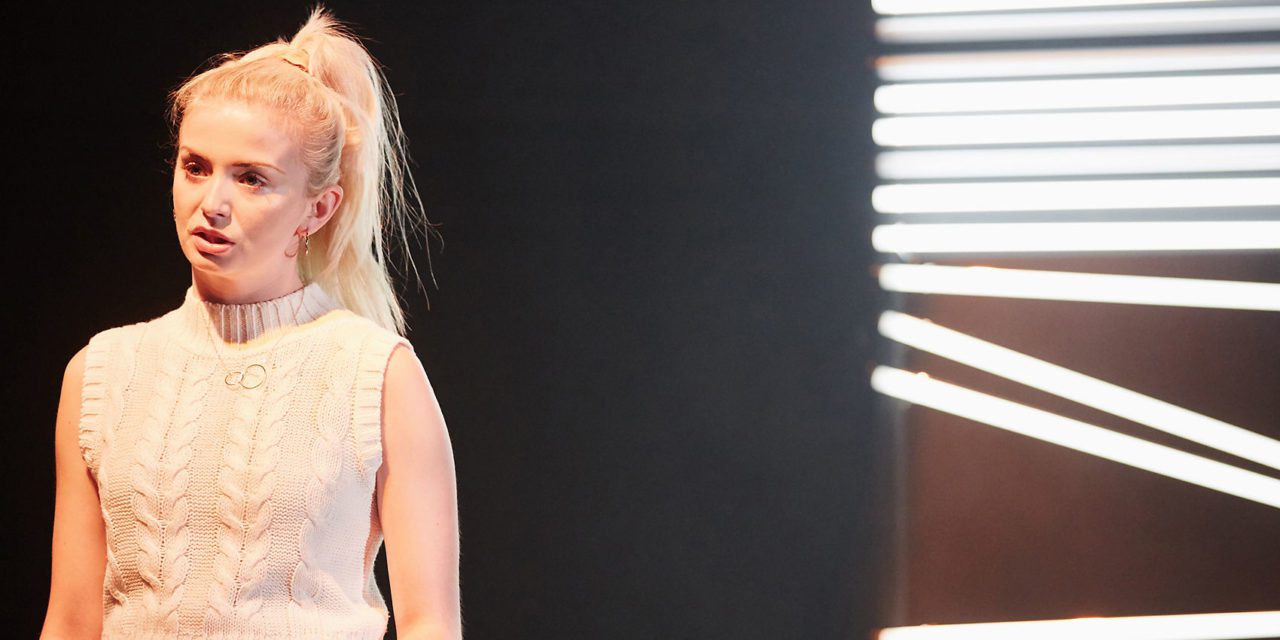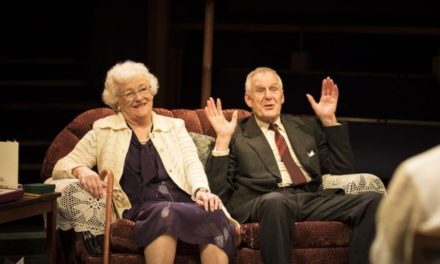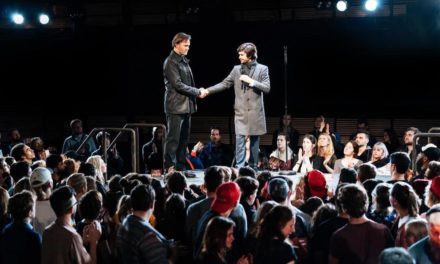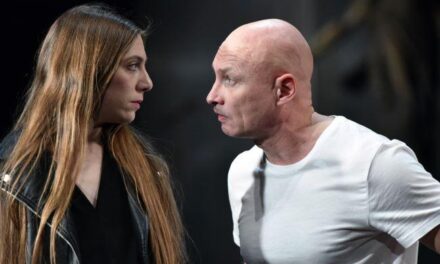Wales. A nation of folklore…the Mabinogion, Prince Madog, King Arthur. Embracers of the land, the forestry, and the mountains. A country of a song with a relished history of storytelling. A legacy of people with the spirit of revolution in their blood (the Becca Girls…the Chartists…). Singers, lovers, travelers, and rioters. Birthplace of notable poets Dylan Thomas, RS Thomas and WH Davies. A country with a smaller population than London – a mere 3 million. In fact, if we estimate that 1% of that population have occupancy in the theatre, then (you can imagine) it’s a very communal place to be. Theatre in Wales is erupting. An explosion of work is happening across the and we are stepping out of our borders and onward.
In his account of working on Jez Butterworth’s Jerusalem (2009, Royal Court Theatre), Mark Rylance stipulates that it’s easier to determine what it means to be Welsh, Scottish or Irish, but clearly defining what it means to be English becomes more problematic. Why is that? Is it because the English have become susceptible to the international stereotype of what it is to be ‘British?’ Possibly. In any case, Welsh theatre places itself proudly on this notion and it exists way out of the international stereotype.
Theatre in Wales still buries itself deep within its roots. The spirit of folklore, storytelling and Celtic pride still lays within the foundations of what is produced. Wales is a nation built on Celtic pride, national identity and communal spirit. The elements leak into its theatrical landscape with no avail. They may not be evident on the surface, particularly in the grungy, concrete-built, urban, contemporary plays of our most modern playwrights, but underneath (like the fairies at the bottom of the garden in Ed Thomas’ enchanting and haunting Gas Station Angel) they are fluttering. We can hear their wings.
That’s the beauty of the current state of theatre in Wales.
In most recent years, we’ve seen a gradual change in the way theatre can offer experiences to new writers and theatre-makers. The reformation of the ‘Sherman Theatre’ in Cardiff under the recent appointment of Rachel O’Riordan as artistic director has paved the way for theatre in Wales to unify more bridge projects between regional theatres nationally and internationally. The establishment of ‘The Other Room’ in 2014 under Kate Wasserburg offered Cardiff its first pub theatre with a thriving opening season that included Sarah Kane’s Blasted. (the controversial 1995 play that made news headlines, originally performed at the Royal Court Theatre). Now, with the recent appointment of Dan Jones (a bilingual artistic director), the theatre is set to continue upwards with even more opportunities for all varieties of theatre-makers. With the establishment of our very own ‘National Theatre of Wales’ in May 2009 (under the artistic directorship of John McGrath), the theatre has embraced the idea that Wales can play the part of the stage through ambitious site-specific works and community projects that place the geographical landscape at its center.
Furthermore, what of Welsh-language theatre? The government’s initiative to balloon the percentage of Welsh speakers in Wales to 1 million by 2050 (from its disappointing number of 562,000) will only support the expansion of the genre in its future endeavors. Theatr Genedlaethol Cymru, Fran Wen, Cwmni Theatr Arad Goch and Theatr Bara Caws are simply the beginning of the popularity that the Welsh-language has. The establishment of Theatr Genedlaethol Cymru in 2003 (under the artistic directorship of Arwel Gruffydd) proves that the movement of Welsh-language theatre was far swifter and prompt, responding to an obvious demand. Already, the establishment of ‘Sibrwd,’ a comprehensive and effective technological app that précis’s a performance into English is making performances in Welsh more accessible to those non-Welsh speaking audiences. Audiences have no quarrel in being able to access these performances despite the language barrier. Theatr Genedalethol Cymru has utilized the app to its fullest effects in recent years. It’s time that other sister theatre companies that work within the language do the same.
Even bilingual productions have proved to have significant artistic worth. It’s fair to say that Neontopia’s production of Alun Saunder’s A Good Clean Heart (2015, The Other Room Theatre, Cardiff) is a flagship in this genre and has proved that there’s a hunger for Welsh language theatre to exist in the theatre’s seasons. All that will happen is that theatres and companies will continue to commission well over into the language barrier and embrace both languages. Gary Owen’s astonishing and astoundingly successful Iphigenia in Splott (2015, Sherman Theatre) has paced its way from Cardiff, to the National Theatre in London, to Schaubühne Berlin and ‘Brits Off-Broadway’ Festival in New York. Subject matters are embracing its roots and growing them out into the wider world with a shared subject matter of the universal appeal, and not just in Wales. As a result, we are seeing a steady rise in the number of bridge projects occurring within the country and outside. The Sherman Theatre’s 2017 production of Killology, also by Owen, is the first co-production with the Royal Court Theatre (The UK’s hub for new writing and playwrights based in London). This will undoubtedly be the first of many plays from many different companies to do so.
So, much like the dragon on his flag, it has a ferocity that doesn’t diminish. The state of theatre in Wales remains healthy. Much of the most recent work is finding its wings. It’s looking outwards to how Wales finds itself on the global map and what it can share with the global theatre community and I think, it will fit in quite nicely.
This post was written by the author in their personal capacity.The opinions expressed in this article are the author’s own and do not reflect the view of The Theatre Times, their staff or collaborators.
This post was written by Christopher Harris.
The views expressed here belong to the author and do not necessarily reflect our views and opinions.


















